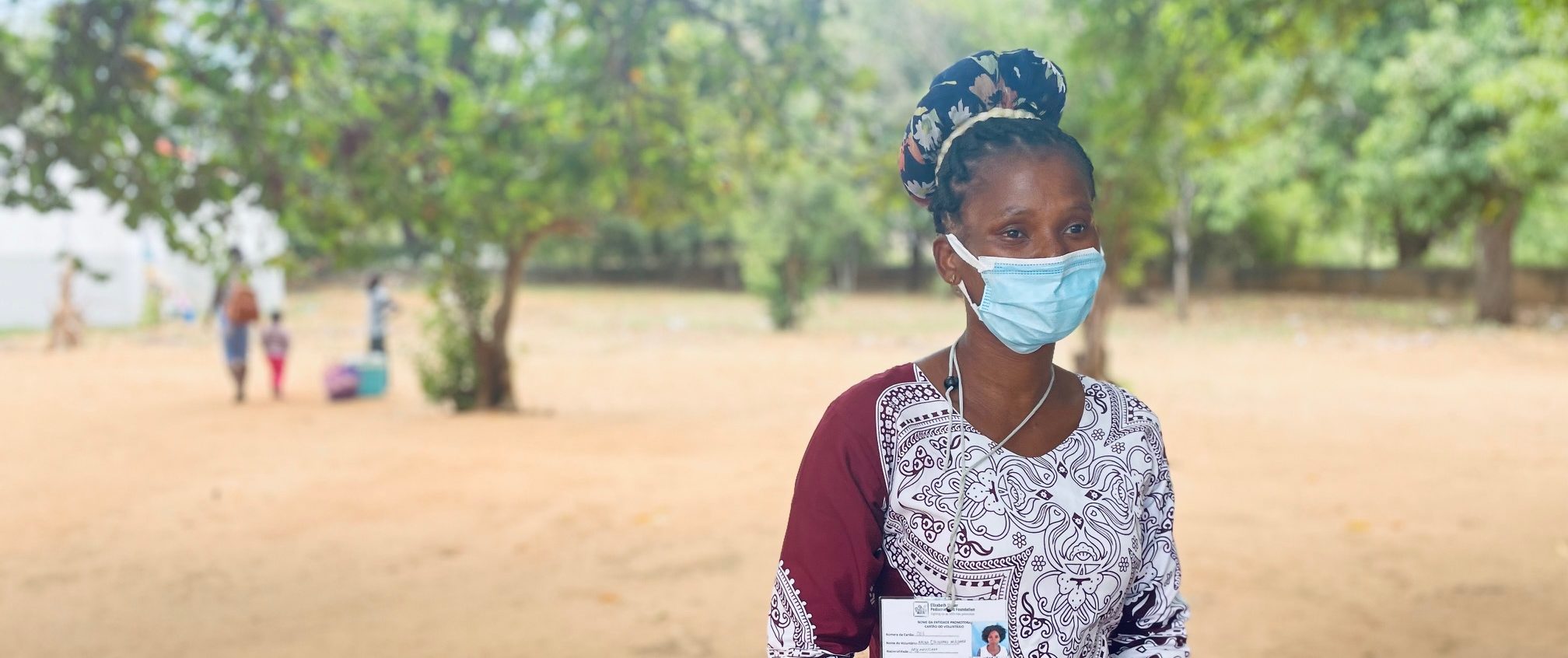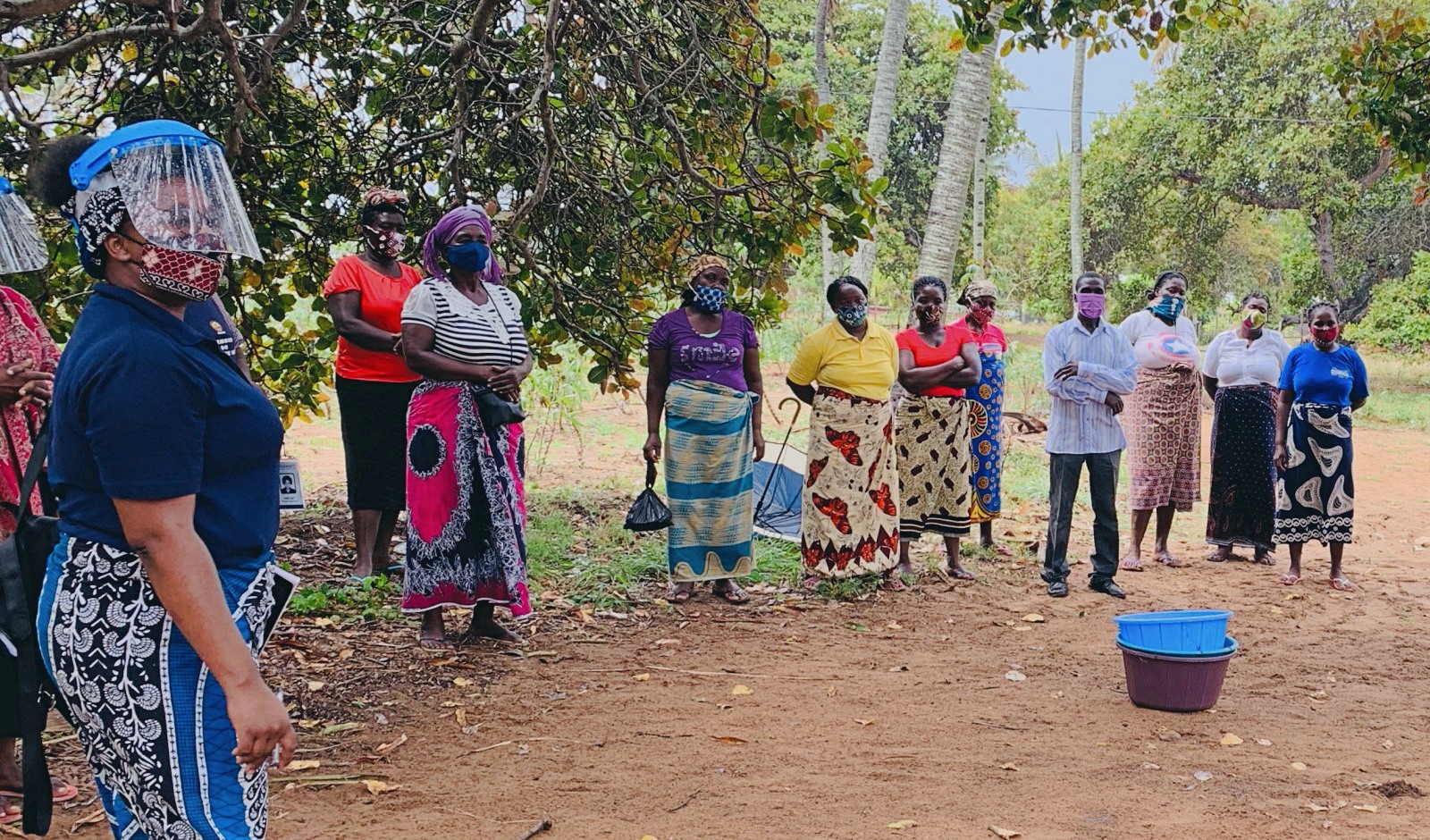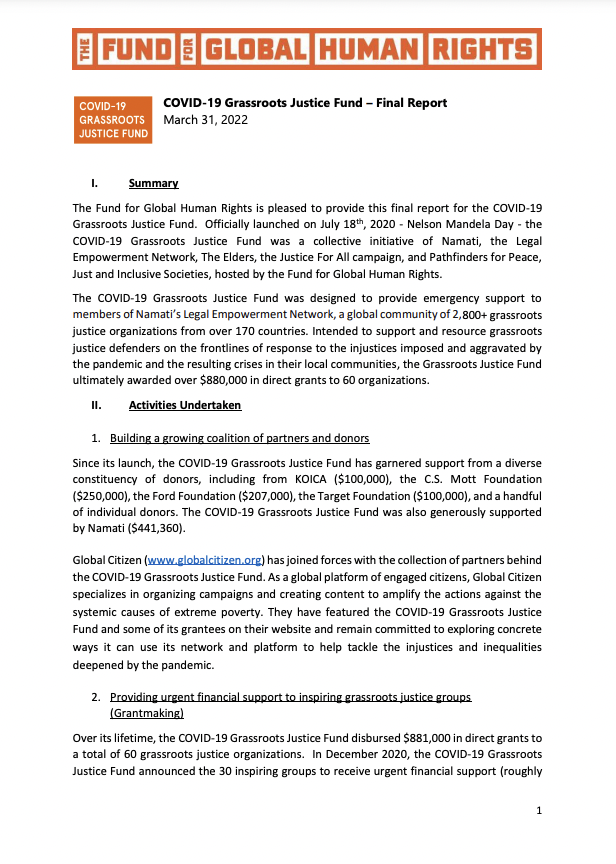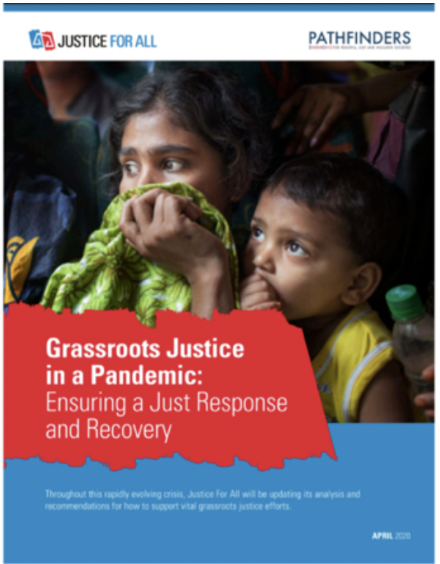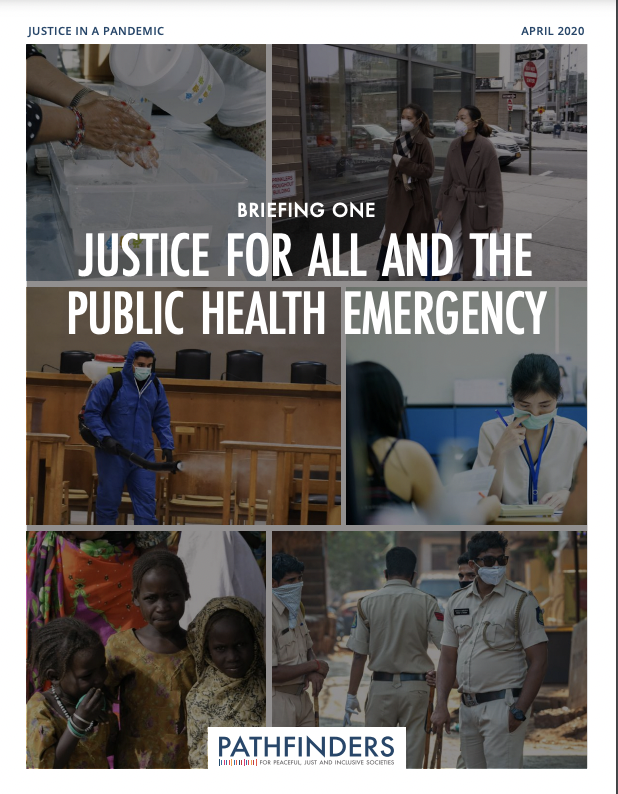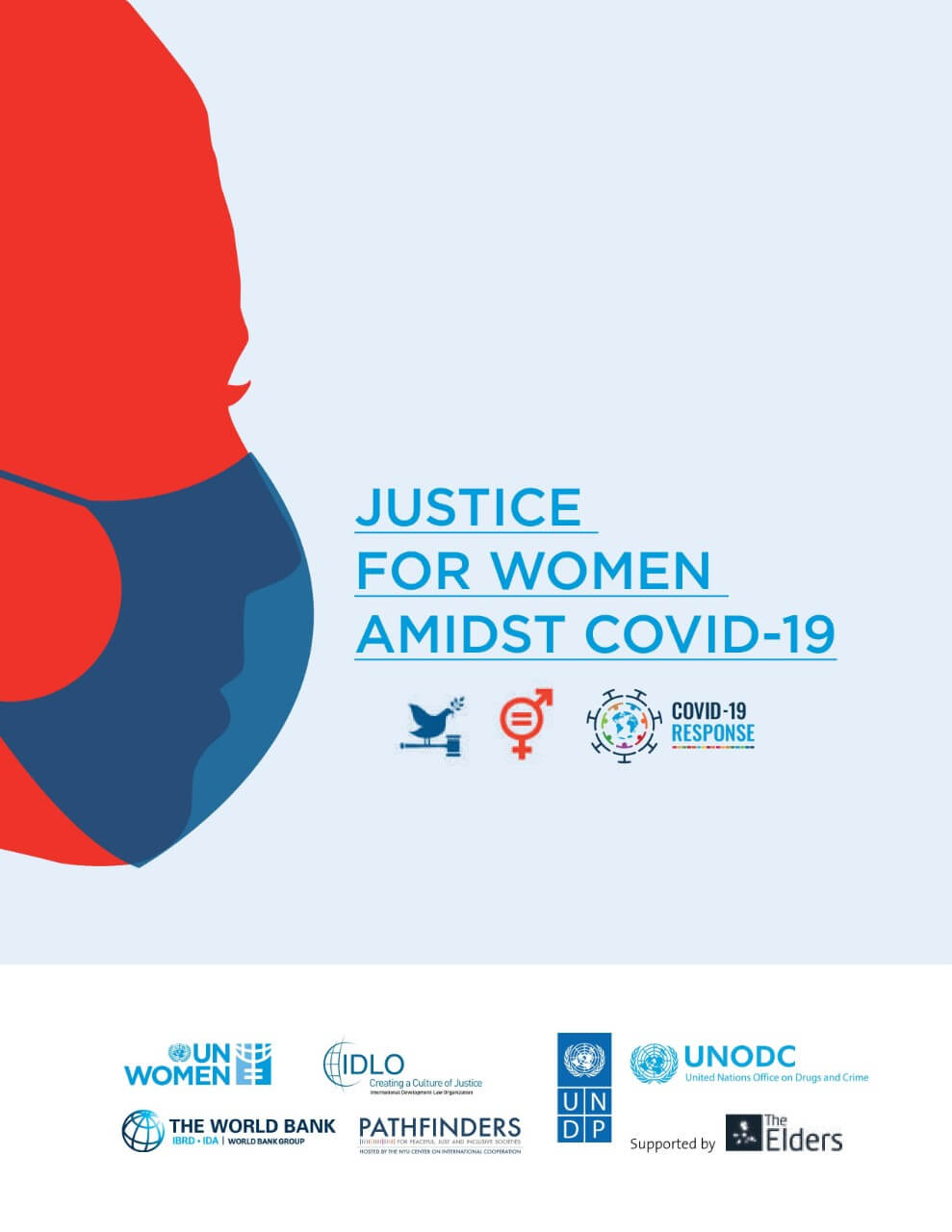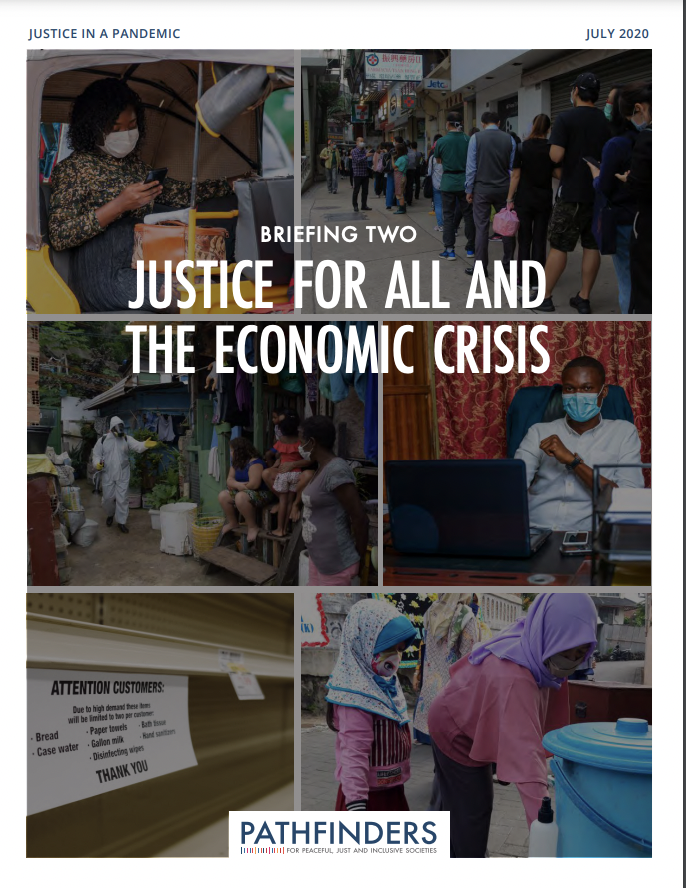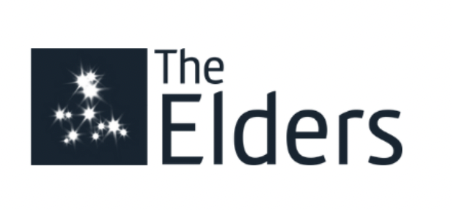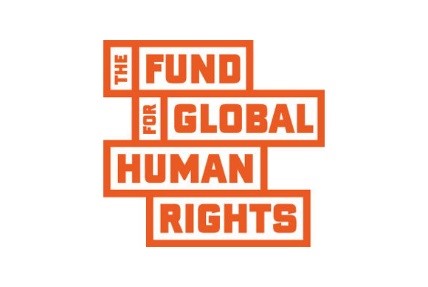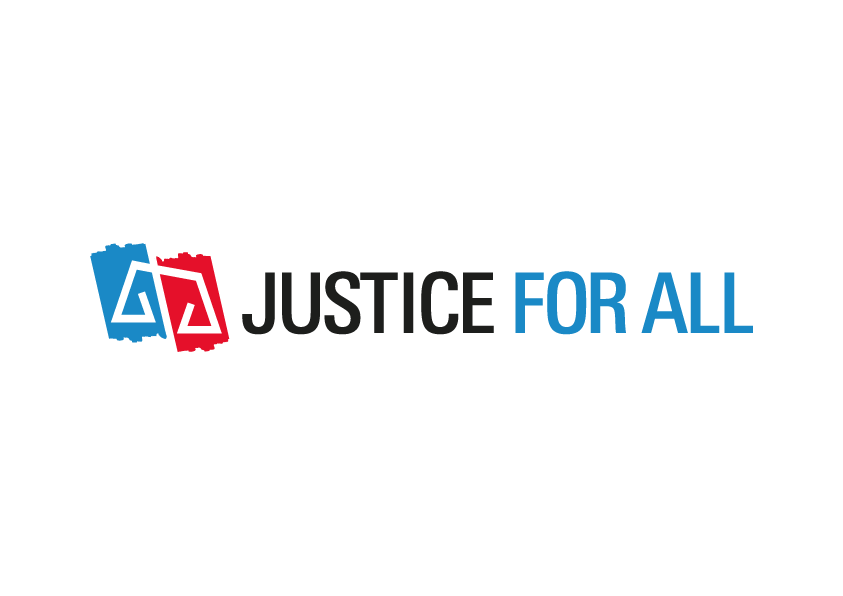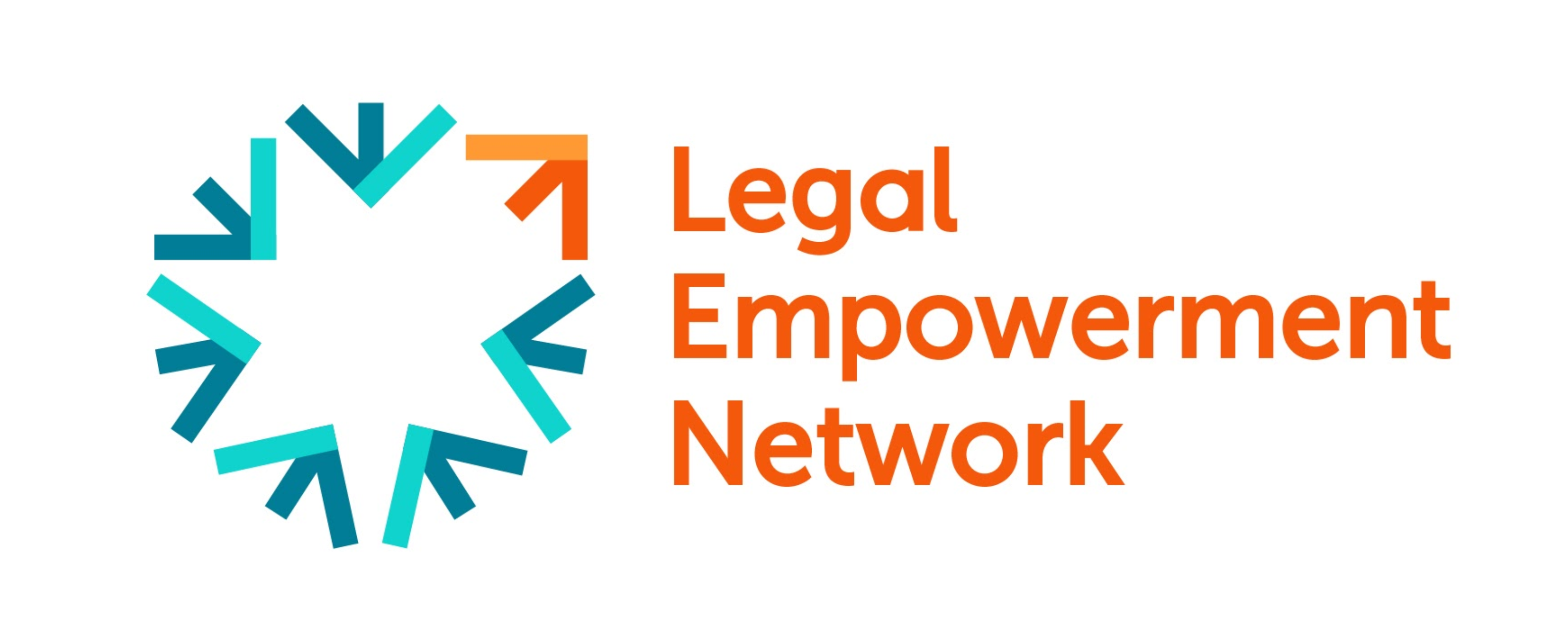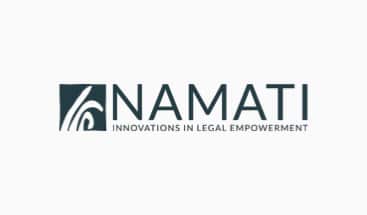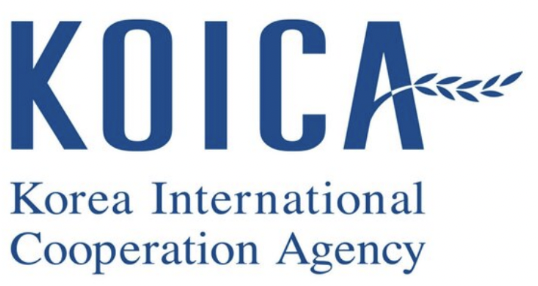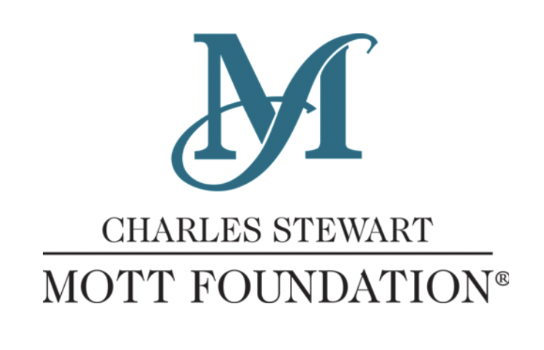Why was the COVID-19 Grassroots Justice Fund created?
Communities around the world were reeling from the repercussions of the COVID-19 pandemic and measures taken to contain it.
In informal settlements, lockdowns threatened livelihoods and access to basic services. In quarantined homes, domestic violence surged as people were quarantined with abusive partners. Meanwhile, regulators suspended the enforcement of environmental laws and allowed companies to move ahead with projects contested by indigenous groups.
Grassroots organizations stepped up to tackle the justice issues the pandemic created or exacerbated.
Despite limitations on movement and other new challenges, they devised ways to support vulnerable populations and push back against those attempting to exploit the pandemic to reduce freedoms and undermine rights. And they did so in the face of severe funding shortages.
The COVID-19 Grassroots Justice Fund was created to meet this need. The Fund aimed to support and resource grassroots justice defenders on the frontlines of response to the injustices imposed and aggravated by the pandemic and the resulting crises in their local communities.
The COVID-19 Grassroots Justice Fund mobilized US $1 million and distributed flexible, rapid-response grants to 60 outstanding grassroots justice groups.
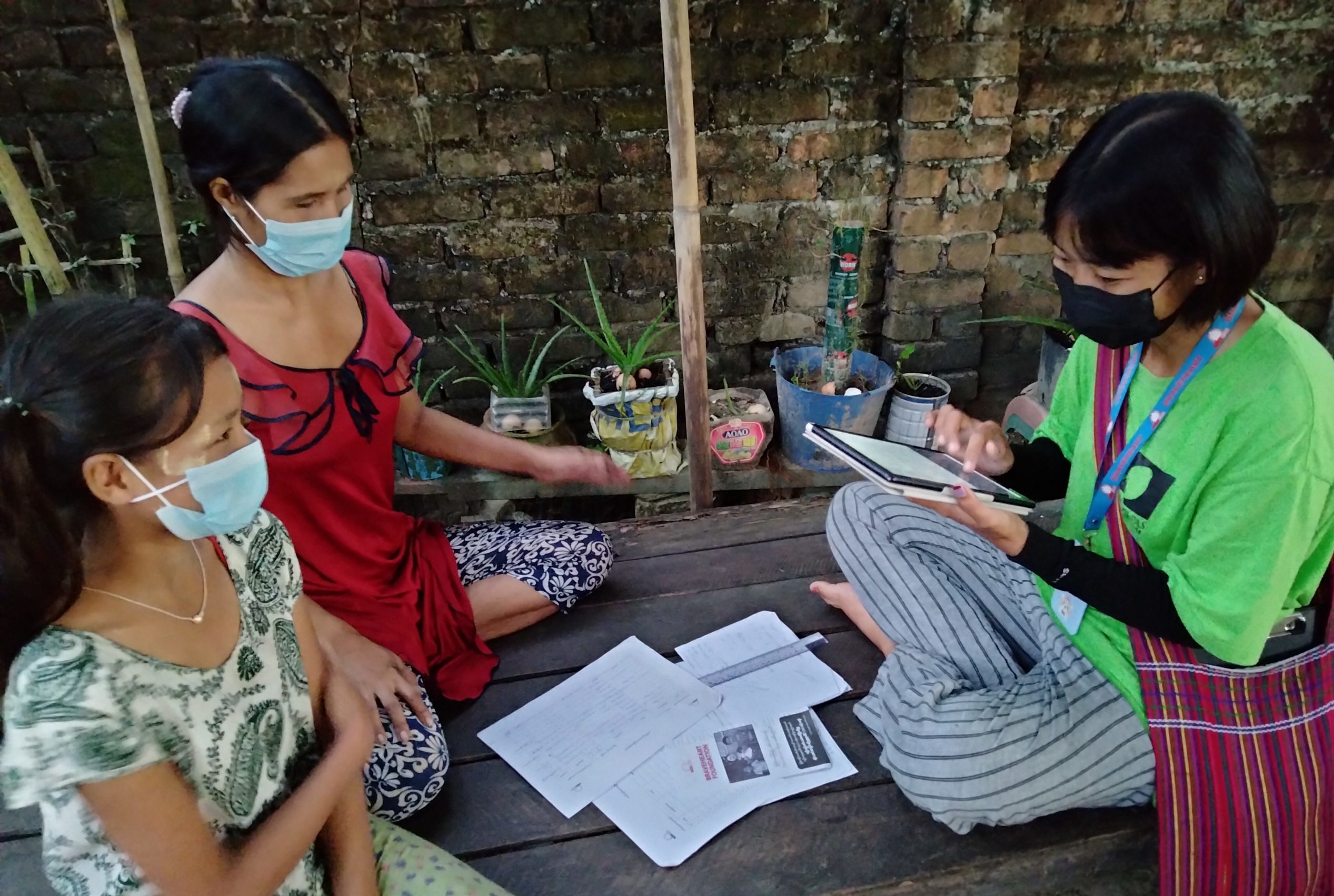
Officially launched on July 18th, 2020 – Nelson Mandela Day – the COVID-19 Grassroots Justice Fund was a collective initiative of Namati, the Legal Empowerment Network, The Elders, the Justice For All campaign, and Pathfinders for Peace, Just and Inclusive Societies. It was hosted by the Fund for Global Human Rights.
The COVID-19 Grassroots Justice Fund was designed to provide emergency support to members of the Legal Empowerment Network, a global community more than 3,000 grassroots justice organizations across over 170 countries, as they responded to their communities’ needs in the aftermath of the global pandemic.
Since its launch, the COVID-19 Grassroots Justice Fund has garnered support from a diverse constituency of donors, including KOICA, the C.S. Mott Foundation, the Ford Foundation, the Target Foundation, and several individual donors. The Fund was also supported by Namati.
The COVID-19 Grassroots Justice Fund supported both immediate response and long-term rebuilding efforts led by grassroots justice organizations around the world, such as providing public health and humanitarian support to vulnerable populations, tackling injustices caused or exacerbated by lockdown measures, and advocating for equitable recovery plans.
By mobilizing flexible and rapid response support, the Fund enabled grassroots justice organizations to respond to different needs, to support vulnerable populations, and to weather the storm of the pandemic by sustaining their critical work and operations.
The 60 organizations that received funding from the Grassroots Justice Fund work to address a wide rage of justice challenges around the world. A few examples of the work the Fund supported include:
LET STATION, North Macedonia
The COVID-19 pandemic had a significant impact on the rural communities that LET STATION in North Macedonia works with. COVID-19 protocols and restrictions forced them to halt their field-based work, which relies on in-person meetings. Funding opportunities were also reduced.
The COVID-19 Grassroots Justice Fund enabled them to expand the work of community health promoters-–local activists working with communities to access their health rights. The organization established a 24/7 telephone line for accessible consultations on COVID-19 and health rights. The rate of vaccination in marginalized communities is lower than the average, and community health promoters, supported by this grant, assisted a significant number of people to apply for vaccination.
Braveheart Foundation, Myanmar
The Braveheart Foundation works on ethnic and citizenship rights in Myanmar. Their paralegals work with undocumented residents in Yangon region and Shan state to apply for documents, which are necessary to access state benefits — vital to enabling under-resourced families to survive the pandemic. While the organization wanted to move paralegal services online amid COVID-19 restrictions, they could not afford electronic gadgets.
With the assistance of the COVID-19 Grassroots Justice Fund, they equipped paralegals with tablets and trained them on relevant software and social media. The documentation process was moved online. They could then contact clients safely and efficiently. Access to digital resources has also allowed the Braveheart Foundation to publish short videos and reach a wider audience on social media. The transition to remote work allowed the organization to continue to function in political and social uncertainty.
Coalition of Volunteers for Peace and Development (CVPD), DRC
The Coalition of Volunteers for Peace and Development (CVPD) works on prisoner’s rights across three provinces of the Democratic Republic of Congo. The pandemic was especially challenging for people in detention: the risk of spread was high as distancing and other preventive measures were not applied in prisons, remand centers, and custody houses. The COVID-19 Grassroots Justice Fund grant allowed CVPD to conduct research on the degree of protection of detainees against COVID-19. The report produced from this research led to strong mobilization and helped their national advocacy efforts. In response, authorities provisionally released some detainees — patients of diabetes, hypertension, and those accused of minor crimes.
Familias Diversas Civil Association, Argentina
Familias Diversas Civil Association (AFDA) in Argentina uses legal empowerment tools to address the structural inequalities experienced by women, children, adolescents, and LGBTIQA+ persons. They provide legal advice and run campaigns for community empowerment. COVID-19 mobility restrictions coupled with limited functioning of the judicial system and state agencies meant that AFDA’s work volume quadrupled.
With support from the COVID-19 Grassroots Justice Fund, AFDA built their online platform, the Community Legal Center. The platform provides online legal advice on violation of rights, and acts as a virtual information and training center. Given the high demand for information, AFDA also organized webinars that reached five regions in Argentina and received high engagement. Even as restrictions have eased, the online Community Legal Centre continues to be a useful resource for children, adolescents, women and LGBTIQA+ persons for timely access to justice.

